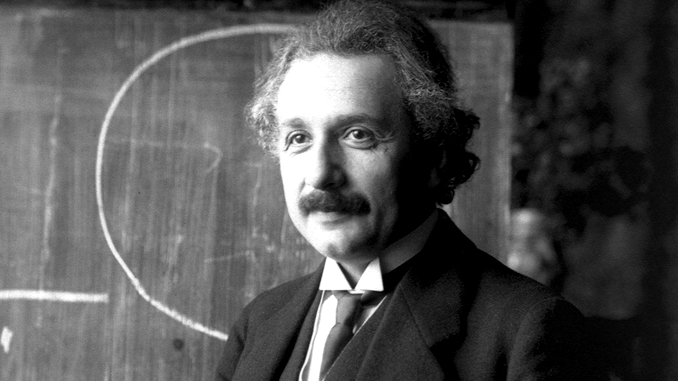
I have an IQ in the mid 140s and was used as a test case for the development of new testing in the 1970s. I was the impetus for a “gifted and talented” program to be started in my elementary school. I’ve won a statewide poetry championship, been on the run from the mob, performed initial criticality on two nuclear reactors, potentially saved the life of a girl being trampled by a crowd (and, uncomfortably, earned the protection of a skinhead mob because I’d rescued their leader’s girlfriend.) I’ve been in multiple car accidents, including some which were life threatening. I’ve been at parties with Roger Stone and George R.R. Martin. I’ve taken down communications for an entire small city.
And I’m not special. I truly am not, at least in the way that most people seem to view the word.
I am unique, and I bring with me a host of useful abilities and interesting experiences… as does everyone else. Many seem to view “special” as indicating that one person has more inherent value than another. I cannot emphasize enough how strongly I disagree with that notion.
The very fact that I cannot underscores one of my many inadequacies, for I am in regular communication with professional authors, people who excel at performing tasks like emphasizing their agreement or disagreement with issues. I have seen expertise at work, and I respect it.
Respect should not equate to deference. If, in my viewpoint, I do not possess any traits which elevate me above my fellow humans, neither do they. What they hold, instead, is a measure of achievement in a particular field, and often multiple fields. Harry Turtledove (mentioned yesterday by Demo) and Chelsea Quinn Yarbro are both historians as well as award-winning authors. Yoji Kondo was a science fiction author who happened to be one of the world’s top astrophysicists with particular expertise on geosynchronous satellites.
I’m willing to assume that when they provide me factual information associated with those fields, it’s going to be accurate. I make the same assumptions when I’m dealing with lawyers, doctors, plumbers, musicians, and an old guy in a rocking chair with various carved animals on display who wants to show me how to whittle… that they will be able to provide me with concrete information about their point of expertise.
The development of humanity isn’t fueled by simply accepting what we’re told, however; it’s taking the information and experiences of others and seeking more. History is filled with experts who were not simply wrong, but dramatically so. Albert Einstein, one of the 20th century’s greatest geniuses (who was an exemplary student, by the way… those “terrible grades” are mostly a myth), wrote in 1932 about the potential for nuclear energy: “There is not the slightest indication that energy will ever be obtainable. It would mean that the atom would have to be shattered at will.” This was one of history’s most brilliant men, providing informed speculation based on one of his fields of expertise, and he couldn’t have been more wrong.
It’s even easier to demonstrate reasons for doubting expert opinion once you break from the field of expertise. One only needs to look to Dr. Ben Carson, one of the world’s foremost surgeons, and ask whether his time as a Cabinet Secretary was successful.
On the other hand, because experts tend to be right about fact they have an excellent batting average when it comes to speculation and opinion. They are far more likely to be correct than an inexperienced and uneducated individual. Judging Einstein by his rare failure instead of his towering successes would be the height of folly. But, being human, those with a string of achievements are subject to the same failings as anyone else.. they, like me, are unique but not special. Arrogance, familiarity, elitism and habit have led to stagnation and error throughout the history of mankind; recognition of that fact has fueled desires for “out of the box thinking” in recent years, and when I was younger “brainstorming”. Before that, there was another term… “congress”.
When there are a variety of people with experiences and viewpoints, presented both with facts and with opinions of the learned and experienced, a topic is likely to be considered from many angles and a successful course of action determined.
Congress is not simply a body where compromise is to be sought, it is to be a group of people with a single purpose… the success of the country… who are able to divine the best course forward when presented information. We need politicians who understand and acknowledge that, not simply people who will line up behind a particular expert (typically a lobbyist or academic, but sometimes someone as simple as a media figure portrayed as a business leader or an autistic teenage girl) and parrot their words.
It is the job of every member of Congress (and, in turn, every human being) to think, and not simply decide which leaders to follow on a given topic. History has seen, over and over, the dangers of simply falling into line. We were all granted brains, we should be expected to use them.
